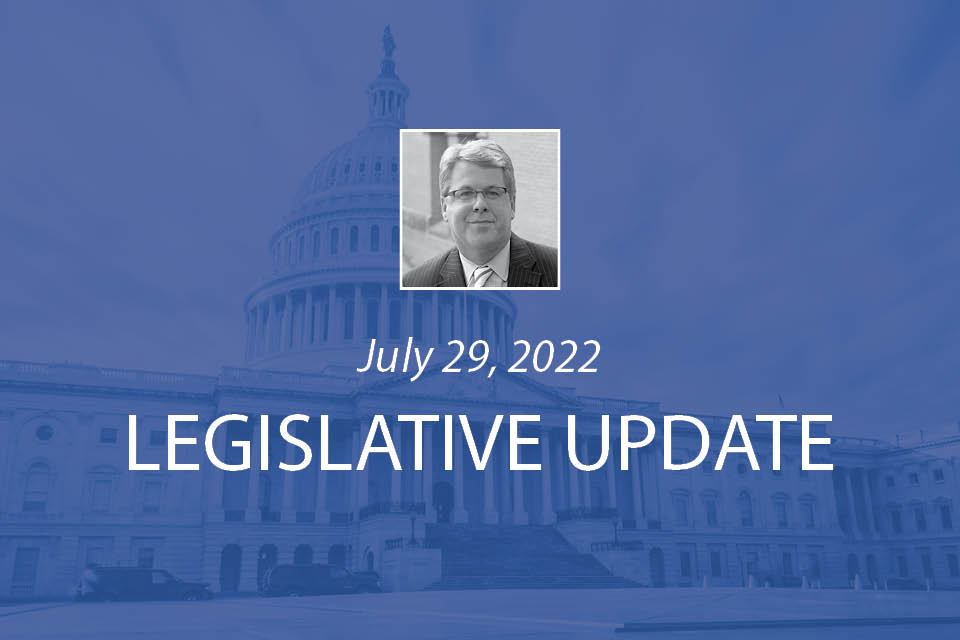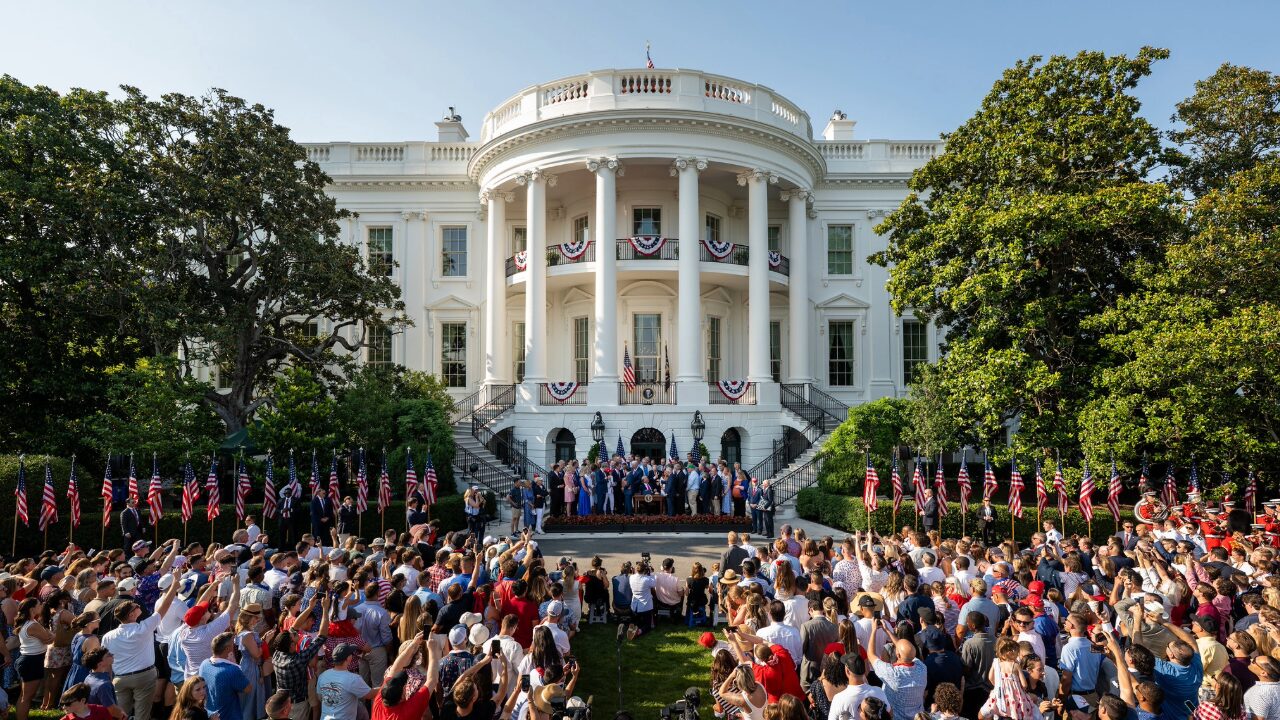Build Back Better
In a surprise development late on Wednesday evening, an agreement was reached on climate and renewable energy tax provisions to be added to a prescription drug pricing and Affordable Care Act subsidy extension measure that had already been negotiated. The climate and renewable energy tax pieces were assumed left for dead when Sen. Joe Manchin (D-WV) had indicated over the last couple of weeks that he could not support these initiatives with inflation numbers at their current level. ABMA is wading through the 725 page bill. What we do know is that the renewable energy tax piece includes a robust tax credit for purchases of wood and pellet stoves that are sold at many lumber and building material (LBM) dealer locations. The latest proposal would allow a 30 percent credit for purchase and installation of these units under Sec. 25C of the tax code and a taxpayer’s benefit would be capped at $2,000. Currently, consumer purchases of these stoves are eligible for a 26 percent tax credit under Sec. 25D of the tax code and it is unclear if purchases of these units would be eligible for both if this proposal is enacted. Both Sec. 25C and Sec. 25D are extended for ten years.
Again, we are still analyzing the bill, but there appear to be no revenue raisers that would affect our sector. The main pay fors are a 15 percent minimum corporate tax on large companies and language closing the carried interest loophole. The ABMA-opposed tax on S-Corporations that had been in earlier iterations is not in this bill.
In terms of process moving forward, the measure that was released Wednesday night must now be approved by the Senate Parliamentarian to ensure that it abides by strict rules governing the budget reconciliation process through which this bill will be considered. Senate Democrat leadership hope to have the measure ready for a vote next week, but that seems optimistic given that the parliamentary review process can be time consuming. It appears more likely that this bill will come up for consideration the week after next and that the House will be called back from August recess to consider the proposal.
Senate Approves Chips Bill
Legislation to infuse funds into the domestic semiconductor industry passed the Senate by a wide margin on Wednesday. The Chips and Science Act, which passed the Senate by a vote of 64-33, would provide $52 billion to microchip manufacturers to incentivize construction of domestic semiconductor fabrication plants to make the chips, which are used in a wide variety of products. A shortage of semiconductor chips during the coronavirus pandemic has caused price hikes and supply-chain disruptions in several industries. ABMA was following negotiations on this bill closely as it was considered to be a vehicle for JOBS Act provisions, which would expand Pell Grant eligibility to students enrolled in high-quality job training programs that are at least 8 weeks in length and lead to industry-recognized credentials and certificates. Unfortunately, those provisions did not make it into this package and they are unlikely to be amended onto the bill during House consideration. However, we will continue to work with our allies in the workforce development space on opportunities to advance the JOBS Act later this Congress.




